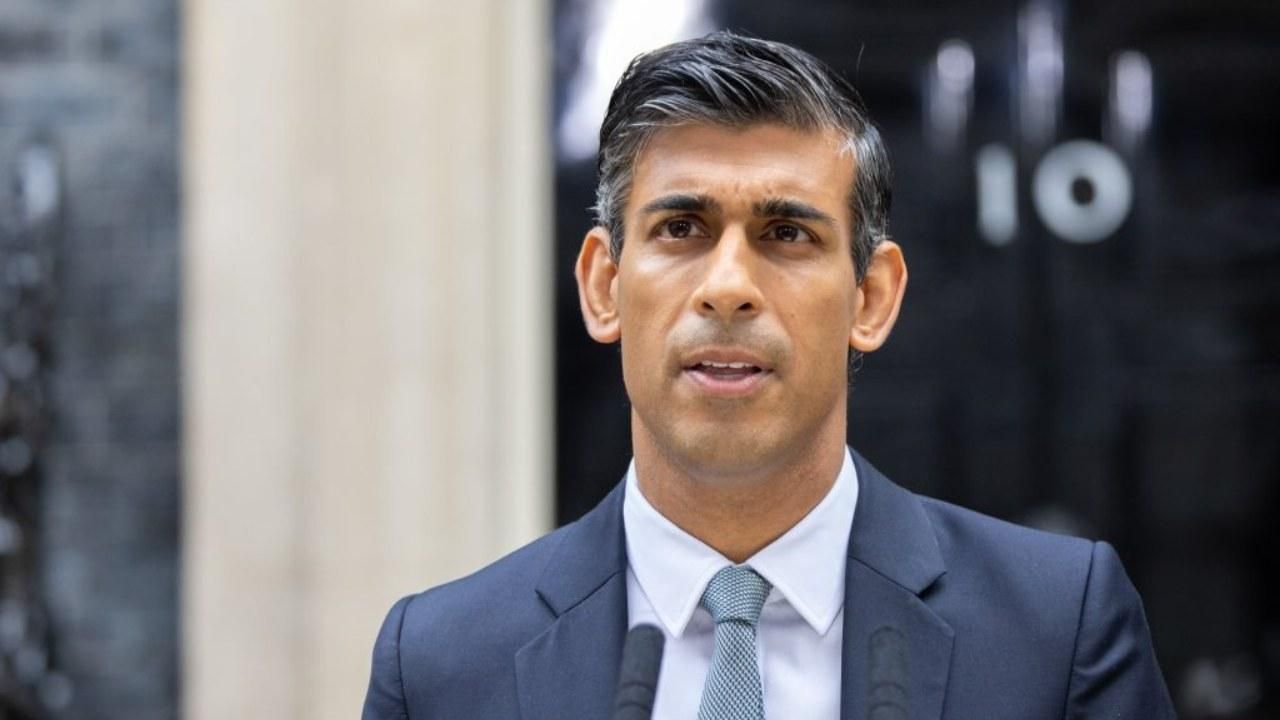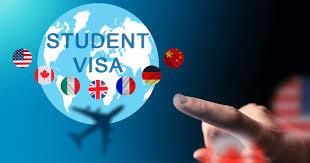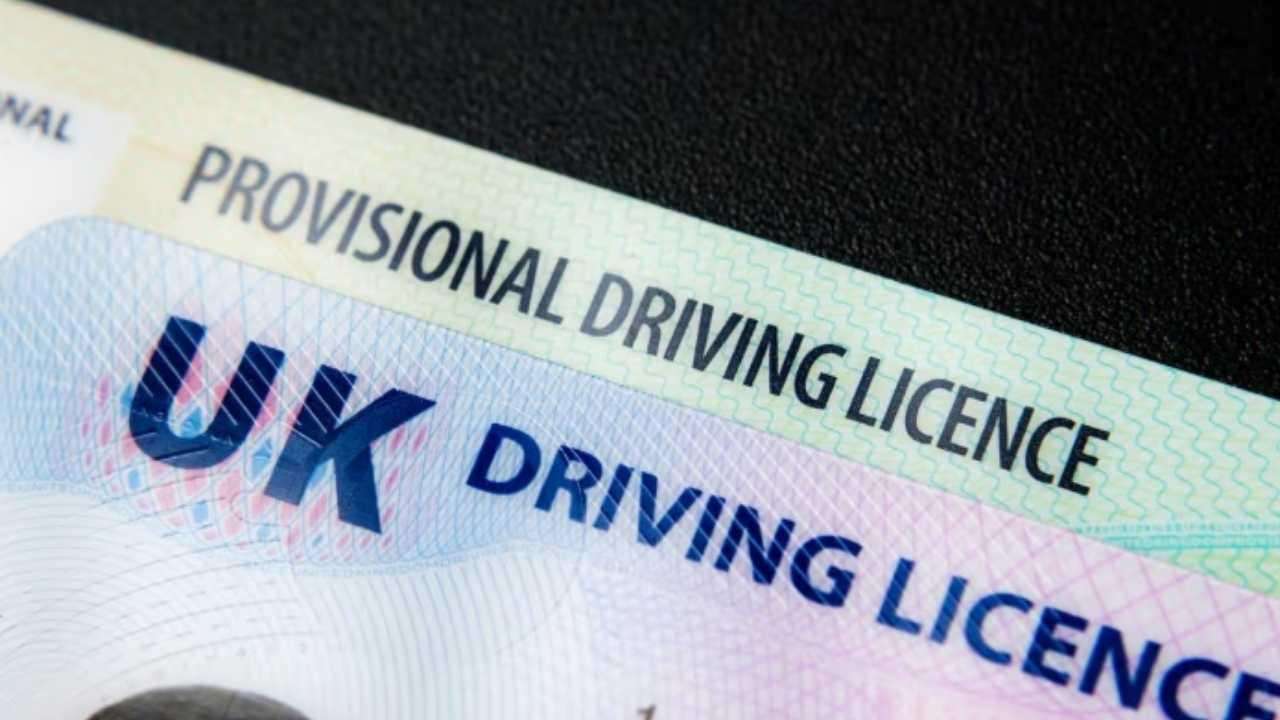It is anticipated that this major political upset—which saw the Conservatives barely defeat the Liberals for the Toronto-St. Paul seat—will increase political pressure on Canadian Prime Minister Justin Trudeau.
The heavily contested by-election was won by candidate Don Stewart by just over 500 votes.
The leader of the Conservative Party, Pierre Poilievre, called the victory of Mr. Stewart a "shocking upset" and claimed that the people "voted to axe the tax, build the homes, fix the budget and stop the crime".
In response to the stunning loss, Mr Trudeau said he hears Canadians' "concerns and frustrations".
Canadian political experts have described the loss as a shocking embarrassment to Mr Trudeau and his party, as the electoral district was considered a Liberal stronghold - the party had held it for 30 years.
Conservatives have long struggled to win support in "Canada's major urban cores", so it is remarkable that they have successfully "penetrated fortress Toronto", said Alex Marland, a politics professor at Acadia University in Nova Scotia.
Mr Stewart won with around 42% of the vote, with 15,555 ballots cast for him, according to Elections Canada. Liberal candidate Leslie Church took 14,965.
The narrow result became clear in the early hours of Tuesday morning, after the Liberals remained in the lead for the first seven hours of tallying.
In a statement on Tuesday, Mrs Church said the "close result is disappointing, but it is a beginning, not an end".
"Yesterday, voters in Toronto–St. Paul's sent us a clear message, that they want us to re-earn their trust. I hear that message loud and clear, and that's exactly what we plan to do."
Mr Trudeau said in a statement that it was "obviously not the result we wanted", and vowed to listen to frustrated Canadians.
"These are not easy times. And it is clear, I and my entire team, have much more hard work to do to deliver tangible, real progress that Canadians can see and feel," he said.
He also told reporters on Tuesday that he plans to stay on as Liberal leader despite the upset.
"We will never stop working and fighting to make sure you have what you need to get through these tough times," he said. "My focus is on your success and that's where it's going to stay."
Some of his party members have since come out to publicly support the prime minister, including Deputy PM Chrystia Freeland.
Dan Vandal, another cabinet member of Mr Trudeau's government, said Canadians should ask themselves "what sort of Canada do you want to live in?" as he took aim at Mr Poilievre's Conservatives.
"Do you want to live in a Canada where a government invests in its people, in health care, dental care, child care and a whole bunch of other initiatives? Or do you want a Canada where everything is gradually cut back, which a Poilievre government is sure to do," Mr Vandal said.
The outcome comes as Mr Trudeau has seen a significant drop in his popularity since taking over as PM in 2015, due to a host of issues including cost-of-living pressures affecting the population.
"Liberals should be concerned that public opinion polls showing frustration with their party is not a blip or an aberration," Mr Marland told BBC News.
A recent Ipsos poll for Global News suggested that as many as 68% of Canadians want Mr Trudeau to step down.
However, the Canadian prime minister has repeatedly pledged to lead his party into the next nationwide poll - which is expected by October next year.
It would be his fourth time running for prime minister.
Conservatives had said they did not expect to win the Toronto-St Paul's seat, and Canadian political experts have said that if the Liberals can lose a seat in downtown Toronto, they could lose anywhere.
Former MP Carolyn Bennett won the seat nine times before her recent resignation to become the country's ambassador to Denmark.
Tari Ajadi, a politics professor at McGill University in Montreal, told BBC News that in previous years the seat would have been a "foregone conclusion" for Liberals, so "the result should terrify" the party as it struggles to reach voters.
"The win sets up what is likely to be a 'change' election next year, which puts the Liberals at a distinct disadvantage," he said, noting that the Conservative victory "cannot be attributed to a single issue".

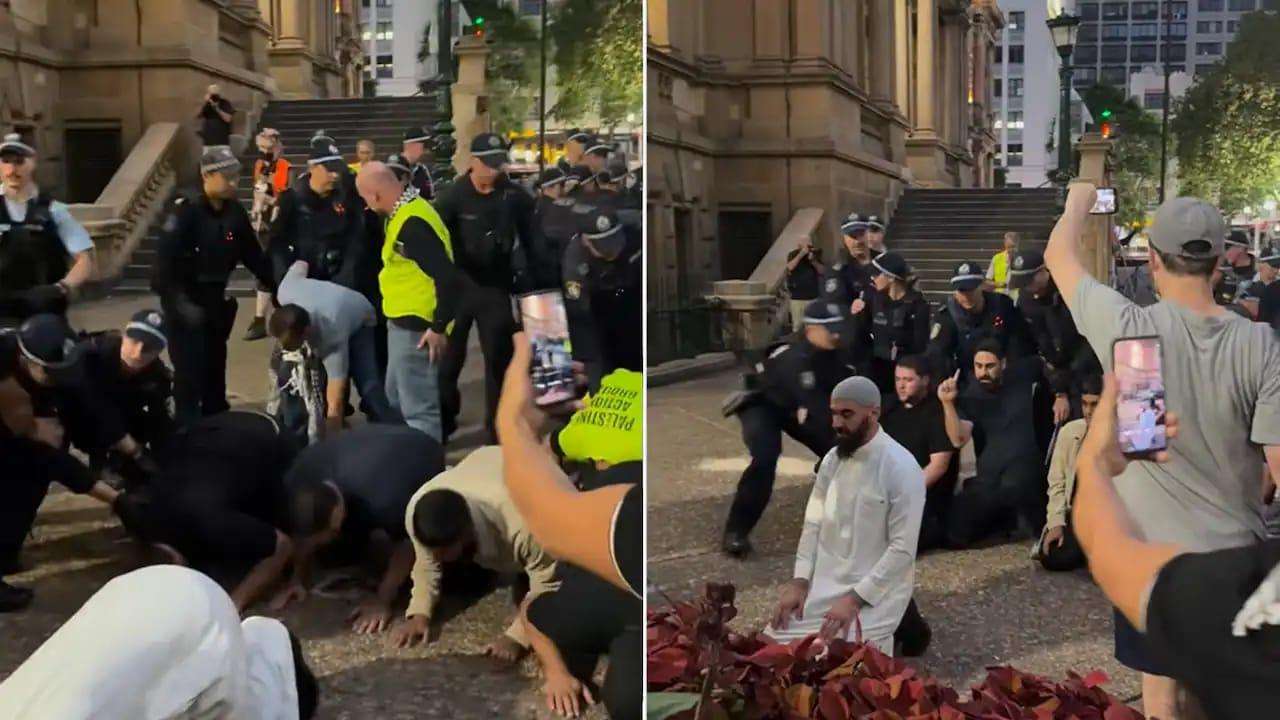





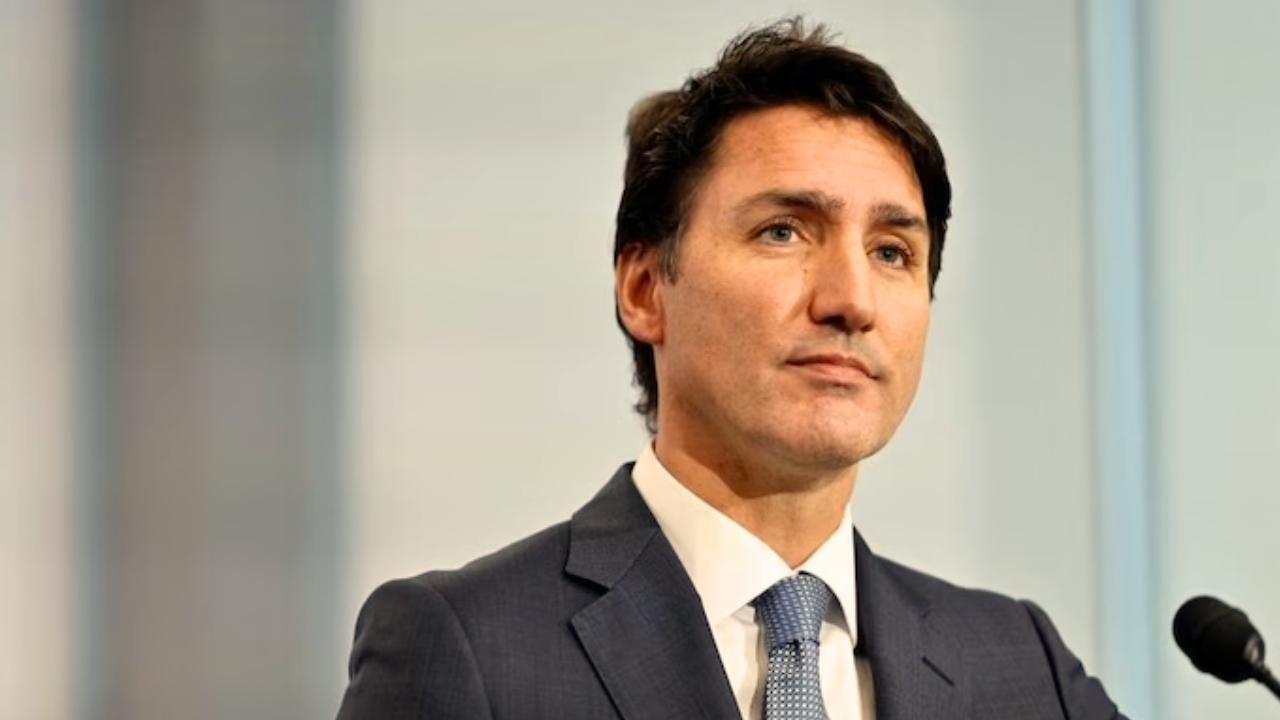
.svg)

